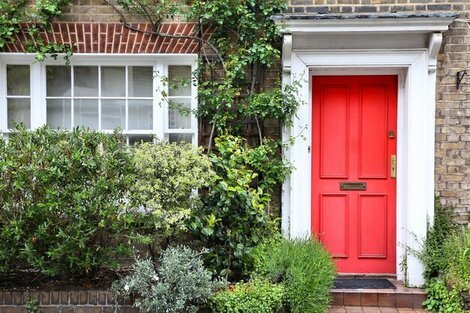
What is HSBC's interest-only mortgage acceptance criteria?
Tags: Interest-only mortgages, Residential mortgages
HSBC for Intermediaries offers interest-only on its standard fixed and tracker mortgage rates, although the lender has strict qualification criteria.
Single applicants requesting an HSBC residential interest-only mortgage will be required to have an annual minimum income of £75,000. For joint applications, at least one applicant must have an annual minimum income of £75,000.
HSBC has made the following changes to its interest-only mortgage criteria:
• Increased the maximum term for Part interest & Part capital repayment mortgage applications. The Capital Repayment element can now be taken up to a maximum of 40 years. Please note that the Interest-Only part will still be limited to a maximum of 25 years.
• Increased the maximum age for Part interest & Part capital repayment mortgage applications. The Capital Repayment element can now be taken up to the applicant’s 80th birthday.
• Any element of the application on Interest Only must not exceed the oldest applicant's 70th birthday or anticipated retirement age if sooner.
• All interest-only mortgage applications will now be assessed for affordability on a Capital Repayment basis.
What are HSBC's current interest-only repayment plans?
Acceptable repayment plans
- Ad hoc Capital (lending is capped at 50% loan-to-value. Additional repayment vehicles can be used for lending above this loan-to-value.)
- Savings
- Endowments
- Stocks and Shares ISA
- Investments
- Sale of Other Property
Aaron Strutt, product director at Trinity Financial, says: "Lots of banks and building societies offer interest-only mortgages now, but their rates are not always as cheap as HSBC's fixes and trackers.
"HSBC has a selection of competitively priced rates, and the bank is clearly keen for business following its recent mortgage affordability changes and interest-only mortgage criteria tweaks."
Call Trinity Financial on 020 7016 0790 to secure an interest-only mortgage or book a consultation
Your mortgage is secured on your property. Your property may be repossessed if you do not keep up repayments on your mortgage













